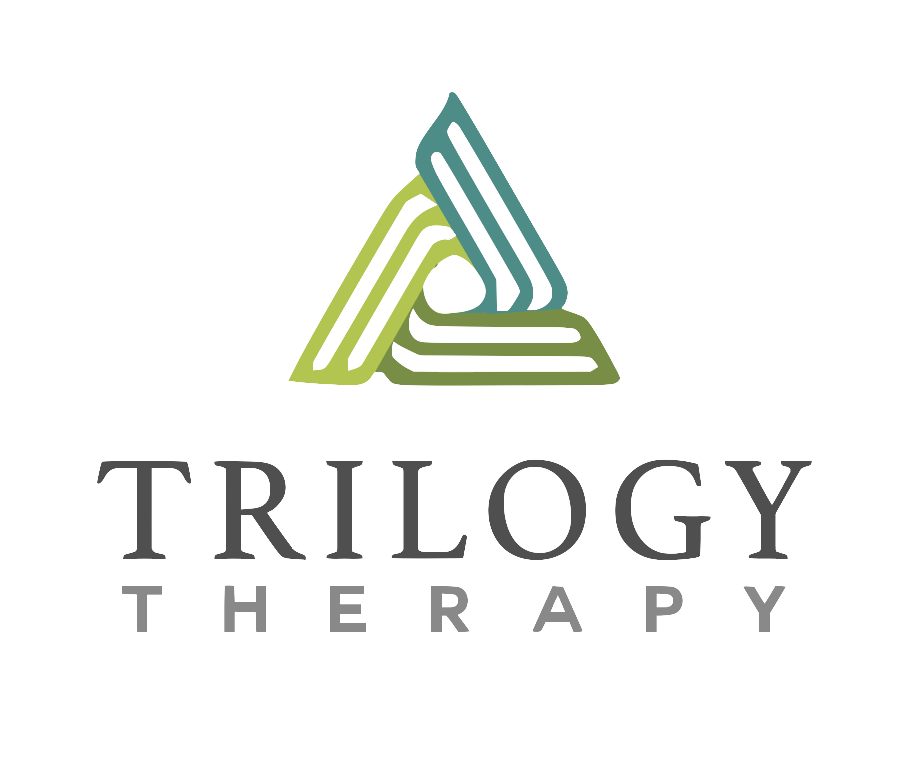Camping
If you are able to go camping there are a fortune of opportunities to work on understanding and expression through talking about the experience. It’s a great time to work on prepositions (i.e., going in or out of the tent/cabin/stream, walking around the tall pine tree, standing next to the fire, etc.), following directions (i.e., “first put the marshmallow on the stick, then hold it near the fire, last take it out and blow on it,” etc.), and building new vocabulary (i.e., “those trees with leaves are called deciduous trees. Their big, broad leaves fall off in autumn,” etc.).
If you aren’t able to go camping setting up the experience in your home will provide for loads of fun and learning too. Use blocks to build a fire and roast marshmallows with sticks around it, turn on a flashlight and see what you can find in your own backyard or living room with your child. If you have access to a sleeping bag pull it out and work on climbing in and out of it. Maybe a nap or even a night’s sleep might happen in the sleeping bag!
Kick the Can, Hide and Seek or Running through sprinklers
Our family loves these games on hot summer evenings! It also provides for a great opportunity to work on a variety of vocabulary concepts such as fast/slow, high/low, up/down, behind/in front of/next to/between, etc. Your child will have a chance to use lots of gross motor movement, and this movement will help him or her produce speech sounds while having lots of fun doing it!
I Spy
Those long car rides heading to new places will give you lots of time to play “I Spy…” This is the perfect game to increase your child’s ability to describe, make inferences and reason. Ask your child to try and give two or three descriptions (or let you give two or three descriptions) before answering. You can play this in your own backyard or living room too. Try turning off the lights, and adding a flashlight to make it even more fun!
Beach
Like camping, going to the beach is filled with vocabulary building and understanding galore! Simply talking and interacting with your child about the experiences going on around them will increase your child’s understanding and language use. Build a sand castle and use concepts such as short, tall, small, round, etc. Cover yourself or your child in sand and describe what is happening (“the sand is wet, cold, itchy,” etc.). Go swimming with your child and let them move and play with you in the water! You’ll be surprised by the speech and language during that time together!
Blowing bubbles, Sidewalk chalk, or Bike riding
Being outside and moving in the fresh air is not only exhilarating, but it brings out the speech and language too! All of these activities give you ample time to work on describing, following directions, prepositions (i.e., under/over, up/down/, next to/between/around, etc.), concepts (i.e., right/left, big/medium/little. etc.), reasoning and problem solving.
Have your child follow your directions drawing a mystery item (i.e., “draw a big circle, then a medium sized circle on top of the big circle and last a small circle on top of the medium sized circle”, etc.) or let them give you directions to draw an item. Locate a new destination while riding bike by giving your child clues (i.e., “turn left, now go straight and then take a right next to the blue house,” etc.) or let them give you clues to a new destination. Work on speech sounds while blowing bubbles by saying that sound each time you pop a bubble (i.e., “okay let’s say /s/ this time, every time we pop the bubble!”).
Summertime is a grand time for all sorts of reasons! Get out and enjoy it with your child. Playing and interacting with them will increase speech and language immensely, and I promise, you won’t even have to think about it that much!!!
Contributed by Ellen C. Treide MS, CCC-SLP




